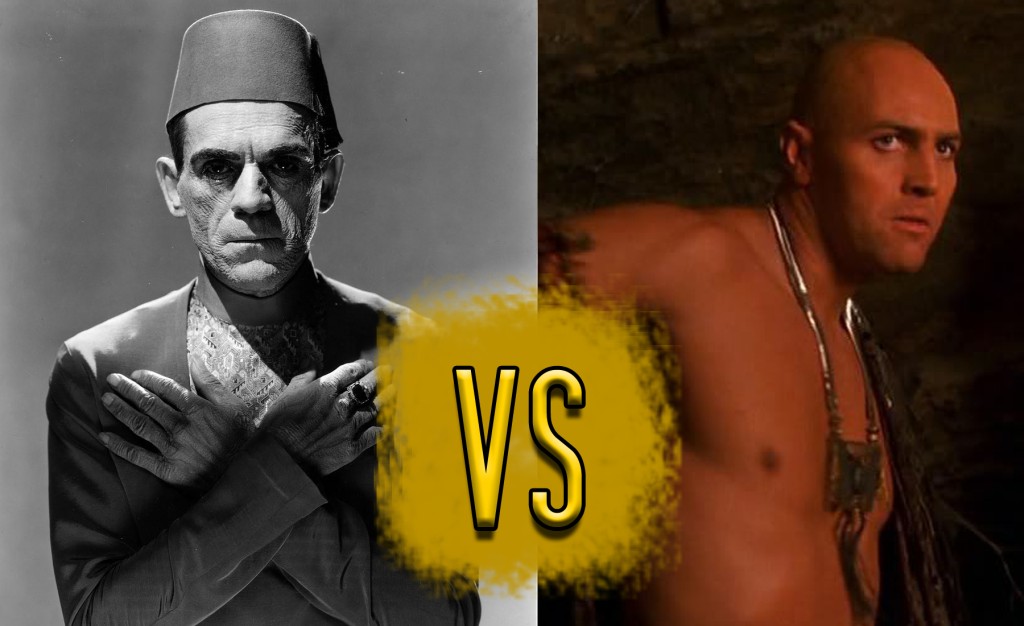In this age where so many films are based on books, comics, and video games, there are also many “purists” or people who believe an adaptation need to be 100 percent faithful to the source material.
Even a minor detail can unleash a frenzy of “nerd rage”. However, there’s one big factor that goes into any adaptation of a story from one medium to another that people tend to forget.
Film is a visual form of storytelling. The underlying rule that you will hear from anybody in the film department is “Show. Don’t Tell.” You can convey a lot of information with an image than you can with a scene of expositional dialogue.
To illustrate this point, let’s look to a recent franchise, Harry Potter
We all saw the first film and loved it, with purists saying that Chris Columbus did an incredible job at the book for the screen. However, not everyone saw it that way. Many people felt that Chris Columbus was too faithful to the source material.
That is to say that while he included all of the elements of the original novel, he didn’t really bring anything new to the story that would allow the adaptation to stand on its own.
As the reviewers on Rotten Tomatoes put it, “The movie unfolds exactly as written in the book, so there is little room for surprises or discoveries.”
This is the same rationale that people have used to argue against the adaptation of The Catcher in the Rye, as there are various devices that Salinger implemented in the creation and development of Holden Caulfield that only work because it’s a novel.
While inner monologues can be done with relative ease, the frequent digressions and ramblings the character goes through during the story would be incredibly difficult to translate to film.
On a similar note, film is also a medium where you only have a certain amount of time to tell the story. Books are self-paced. With film, you don’t have that luxury.
If you take too long, the audience gets bored, so the people adapting the work have to make sure that they convey information essential to the progression of the story.
Another thing to consider is the audience
Despite what purists may lead you to believe, the amount of people who are familiar with the source material are just a minority of the movie-going public. Sizable and ever-present, but a minority nonetheless.
The studio isn’t making the film to cater to people who are already familiar with the source material; their trying to make a film that will attract movie-goers from several key demographics who comprise the bigger slice of the box office pie.
This leads to the biggest thing an adaptation needs to be able to do. It has to stand on its own; it needs to be able to be viewed and enjoyed without prior knowledge. If someone has to do homework to enjoy a film, they’re not going to enjoy the film.
Being familiar with the source material can also backfire, as all you’re thinking about is how different the two versions are rather than enjoying the film on its own; some adaptations notwithstanding. (Eragon, anyone?)




